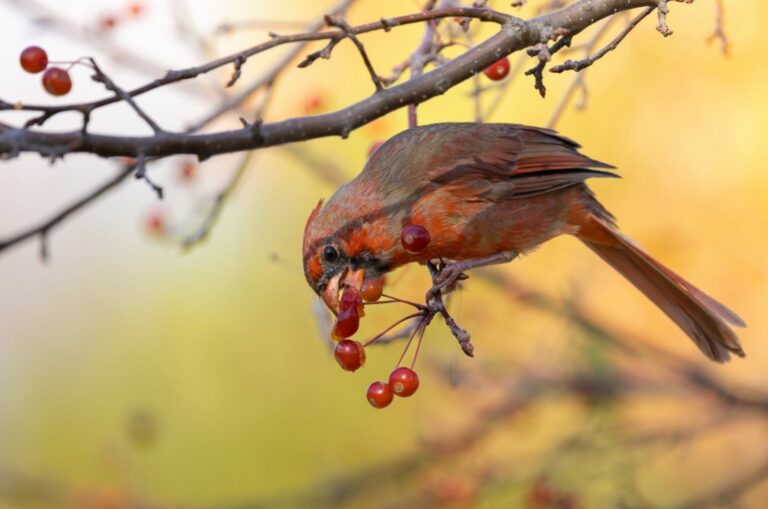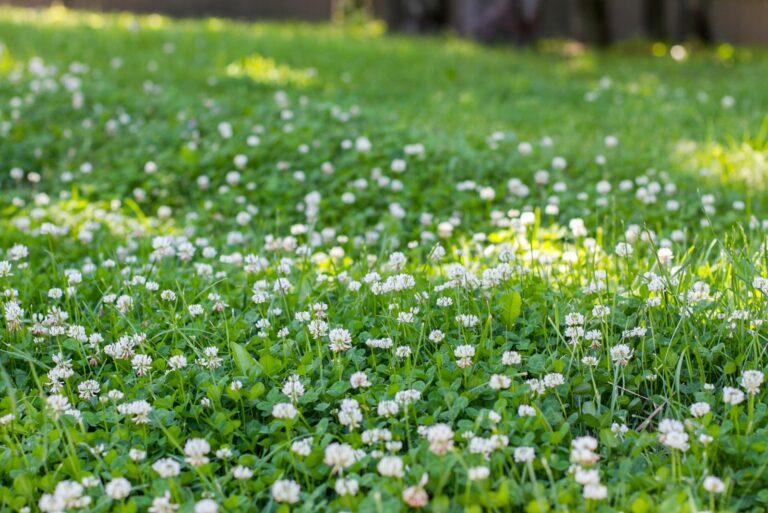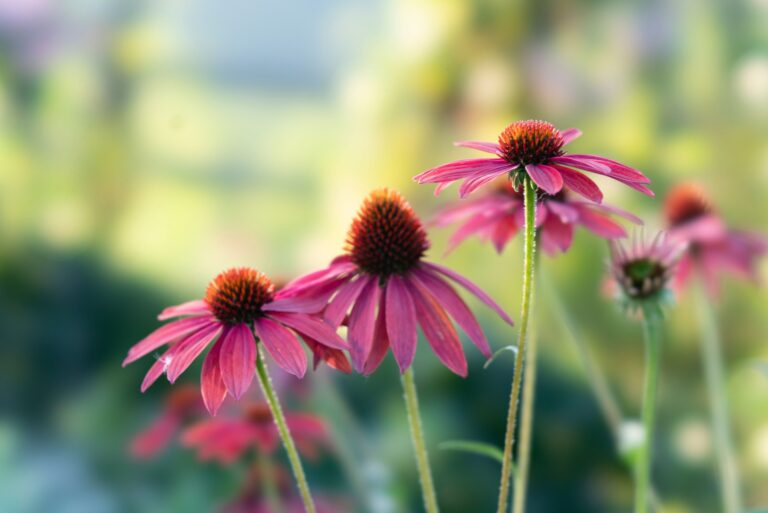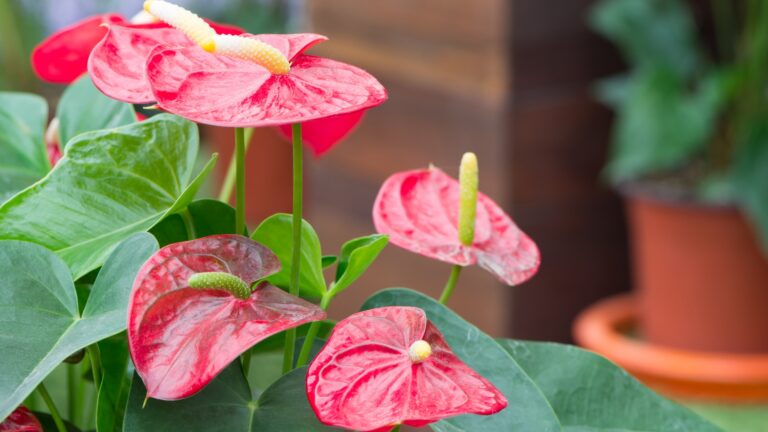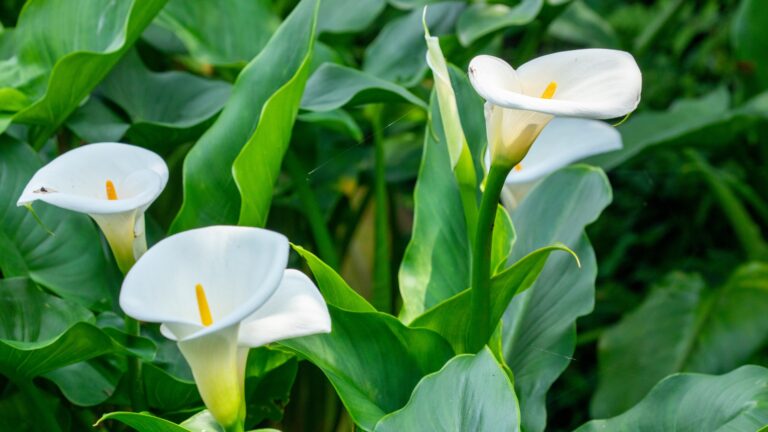10 Essential Gardening Tasks Colorado Gardeners Should Handle In November
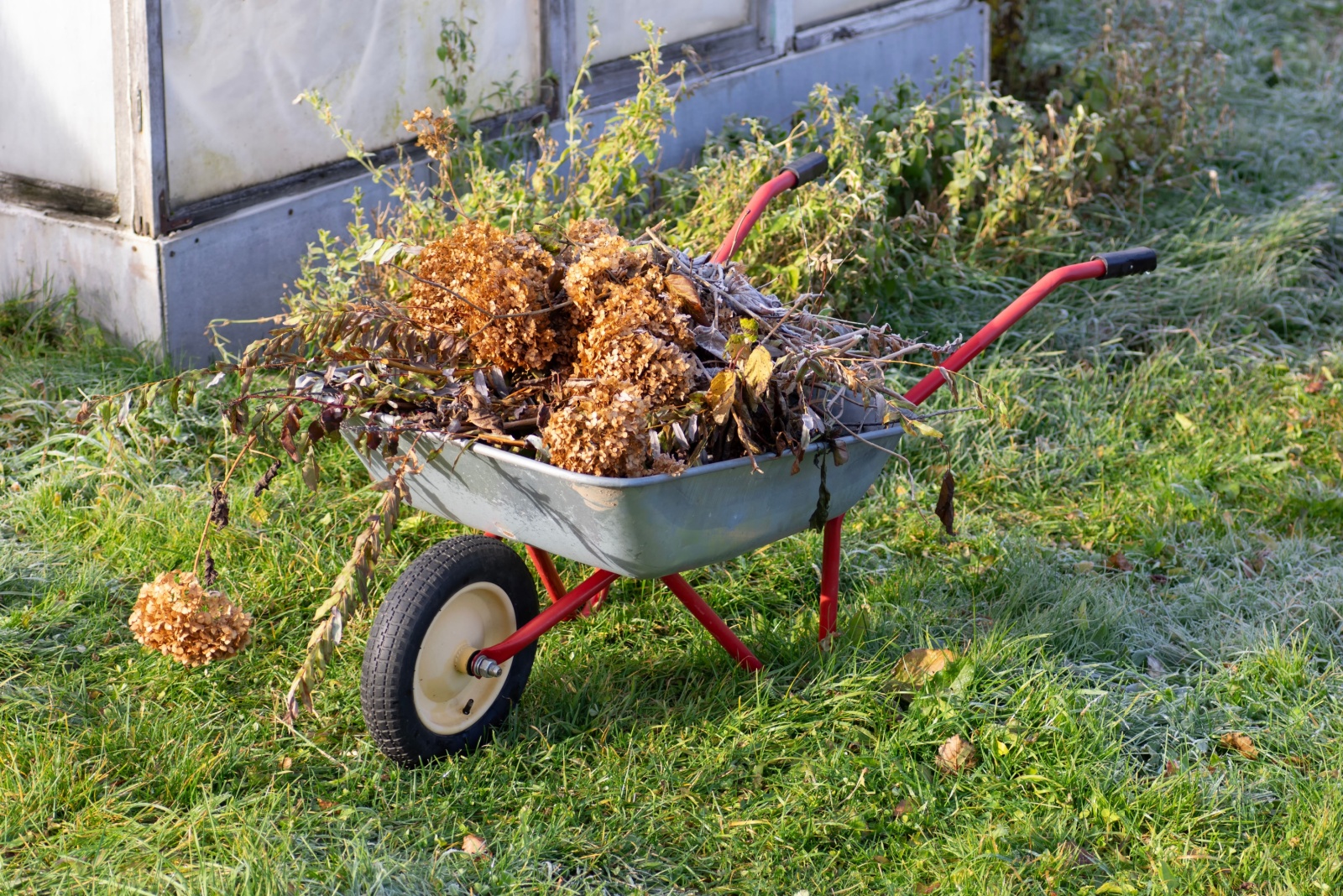
November is crunch time for Colorado gardeners as winter creeps in fast. Your garden needs a little extra care now to handle the cold and come back strong in spring.
Prepping early helps protect your plants from freeze damage and gives your soil a healthy head start. It’s the kind of work that pays off when the snow melts. I’ve seen gardens bounce back beautifully with just a few smart fall tasks.
A little effort now sets the stage for a vibrant, stress-free growing season next year. Want help building a winter prep checklist tailored to Colorado’s climate and elevation?
1. Mulch Your Perennial Beds

Adding a thick layer of mulch around your perennials acts like a cozy blanket for their roots during freezing temperatures. Wait until the ground starts to freeze before spreading three to four inches of organic mulch like shredded leaves or straw.
Mulching too early can attract rodents looking for warm shelter. Proper mulching prevents the freeze-thaw cycles that push plants out of the ground, protecting them from winter damage and helping retain moisture when spring arrives.
2. Protect Your Trees And Shrubs
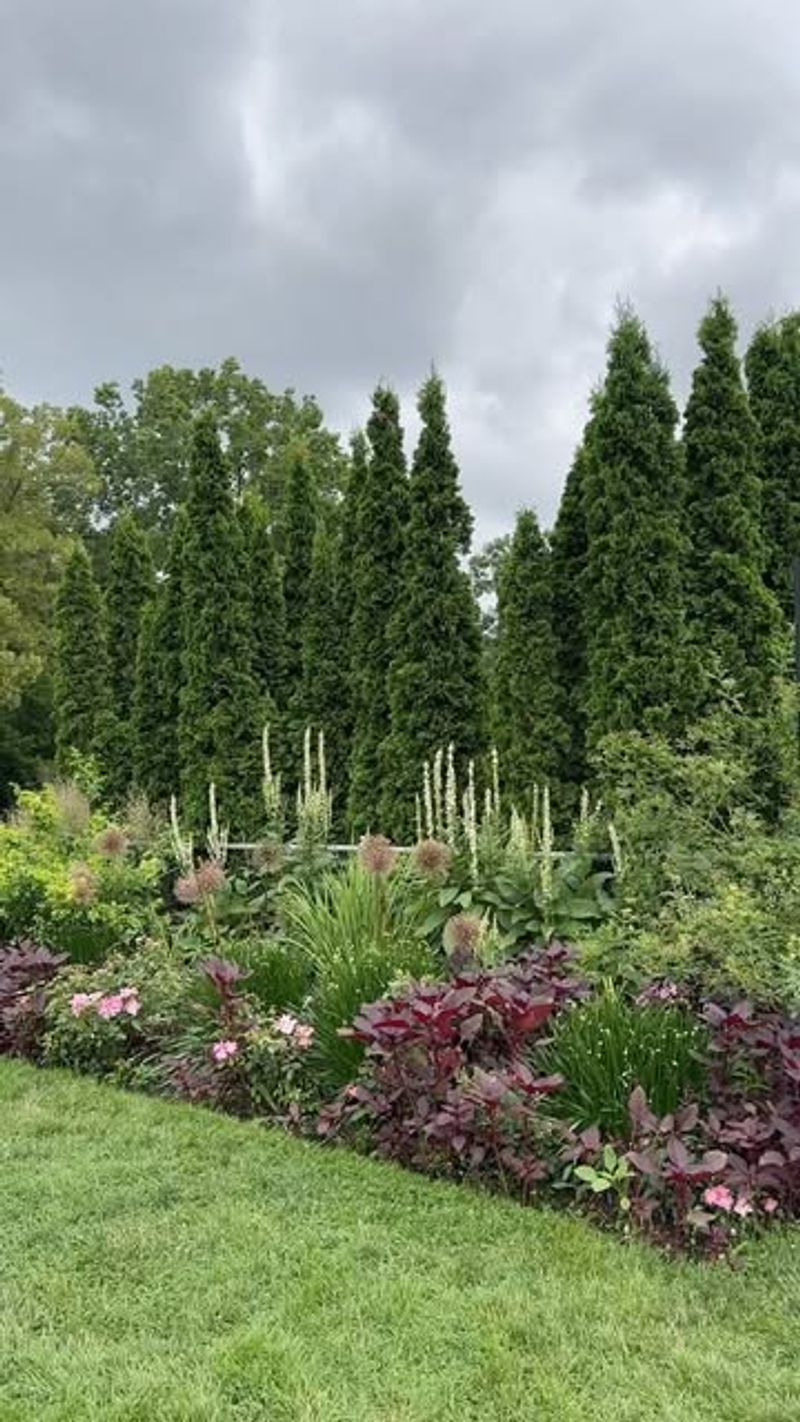
Young trees and shrubs need extra care before Colorado’s brutal winter winds arrive. Wrap the trunks of thin-barked trees with tree wrap or burlap to prevent sunscald and cracking from temperature swings.
Evergreens benefit from windbreaks or burlap screens that shield them from drying winter winds. Apply an anti-desiccant spray to broadleaf evergreens to reduce moisture loss. Water deeply one last time before the ground freezes solid to give roots adequate hydration throughout winter months.
3. Clean Up Garden Debris
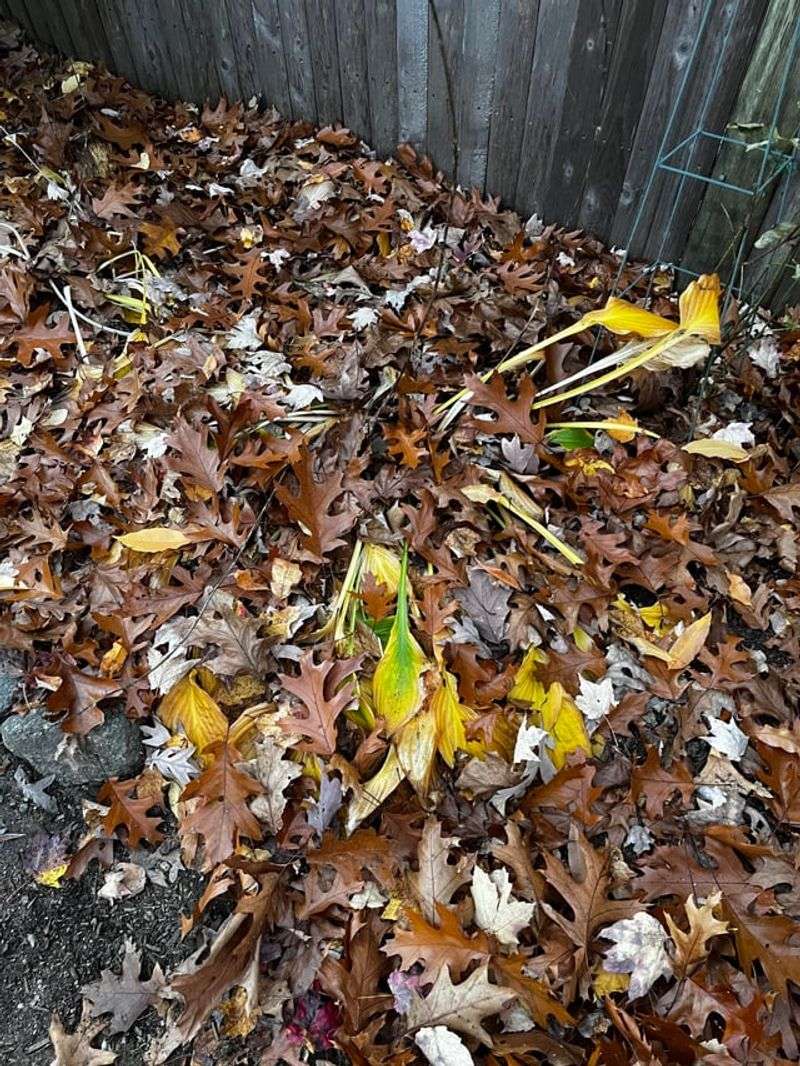
Removing fallen leaves, dead plant material, and spent vegetables from your garden prevents pests and diseases from overwintering in your yard. Many insects and fungal spores hide in plant debris, waiting to cause problems next spring.
Rake up leaves from lawns and flower beds, then add healthy plant material to your compost pile. Diseased plants should go in the trash instead. A clean garden reduces pest problems and gives you a fresh start when gardening season returns in spring.
4. Drain And Store Irrigation Systems
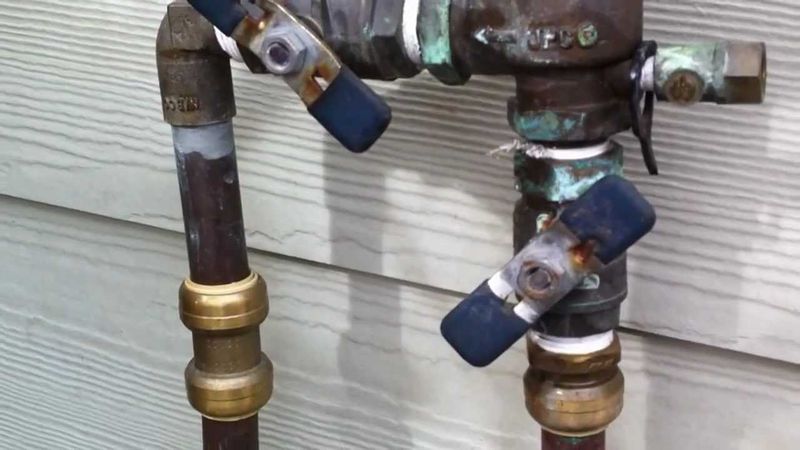
Water left in irrigation lines, hoses, and sprinkler systems will freeze and expand, causing expensive damage to your equipment. Blow out underground sprinkler systems using compressed air or hire a professional to do it properly.
Disconnect garden hoses from outdoor faucets and drain them completely before storing in a garage or shed. Shut off outdoor water valves and drain exterior faucets. Proper winterization saves you from costly repairs and replacement expenses when spring planting season rolls around again.
5. Plant Spring-Blooming Bulbs
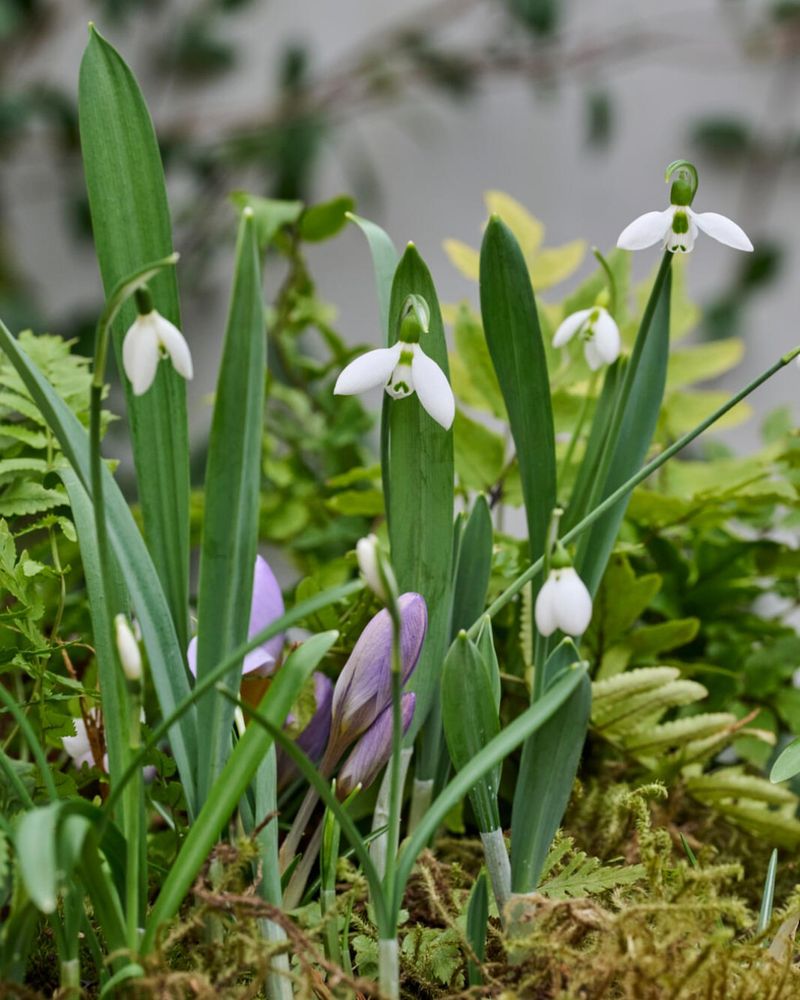
November gives Colorado gardeners one last chance to plant tulips, daffodils, and crocuses before the ground freezes too hard. Spring-blooming bulbs need cold temperatures to develop properly and reward you with beautiful flowers when winter finally ends.
Choose a sunny location with well-draining soil and plant bulbs at the correct depth, usually two to three times their height. Add bone meal to planting holes for extra nutrients. Cover the area with mulch after planting to insulate bulbs from extreme temperature fluctuations.
6. Fertilize Your Lawn One Last Time
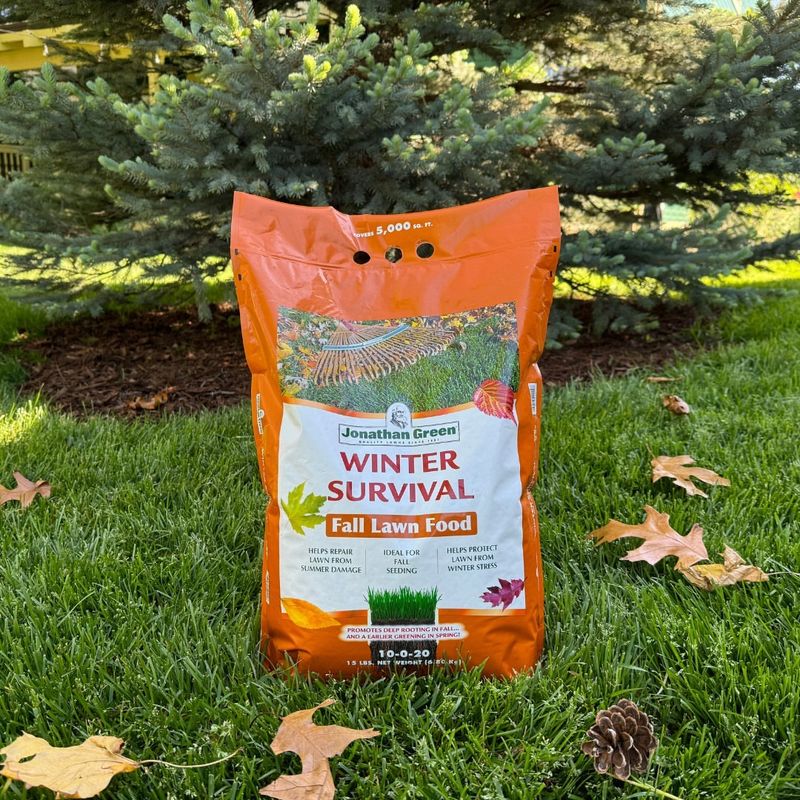
Applying a late-season fertilizer helps your lawn store nutrients for winter and promotes healthy root growth. Choose a winterizer fertilizer formula with higher potassium content, which strengthens grass against cold stress and disease.
Apply fertilizer before the ground freezes but after grass stops growing actively. This feeding gives your lawn the nutrition it needs to survive harsh Colorado winters and green up quickly next spring. Make sure to water the lawn lightly after fertilizing to help nutrients soak into the soil properly.
7. Harvest And Store Root Vegetables
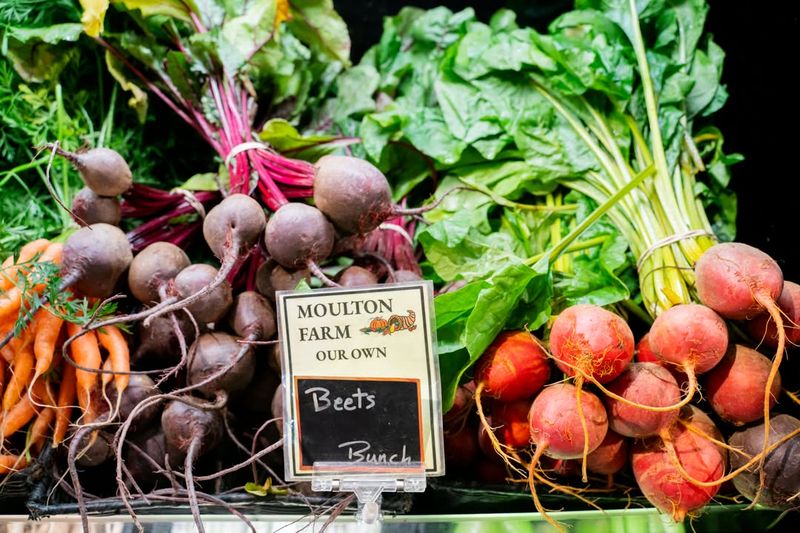
Carrots, beets, turnips, and parsnips actually taste sweeter after a light frost converts their starches into sugars. However, you must harvest them before a hard freeze damages the roots beyond saving.
Gently dig up root vegetables using a garden fork, being careful not to bruise or cut them. Brush off excess dirt but avoid washing them, as moisture encourages rot. Store unwashed roots in a cool, dark place like a basement or garage where temperatures stay between thirty-five and forty degrees.
8. Prune Damaged Or Diseased Branches
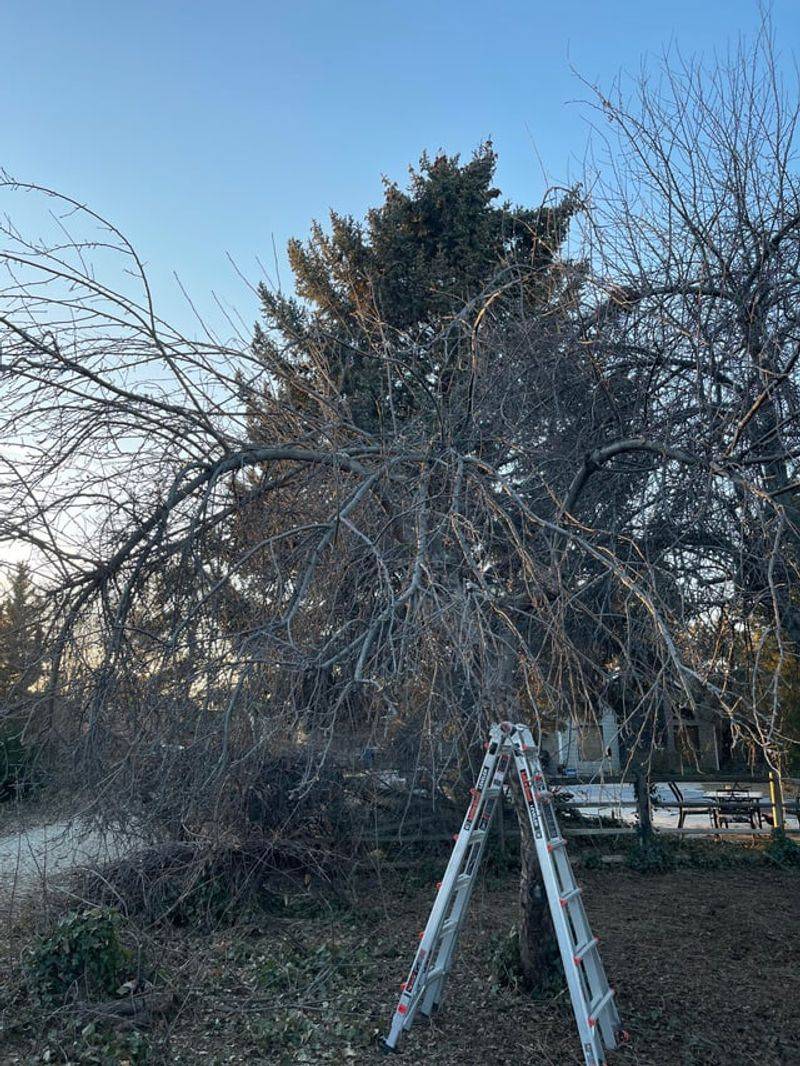
Late fall provides an excellent opportunity to remove broken, diseased, or damaged branches from trees and shrubs before heavy snow loads cause more problems. Pruning now reduces the risk of branches breaking and damaging property during winter storms.
Use clean, sharp pruning tools and make cuts at the proper angle just outside the branch collar. Remove any branches showing signs of disease or insect damage. Avoid heavy pruning of healthy growth, as this stimulates new tender shoots that will not survive freezing temperatures arriving soon.
9. Add Compost To Garden Beds
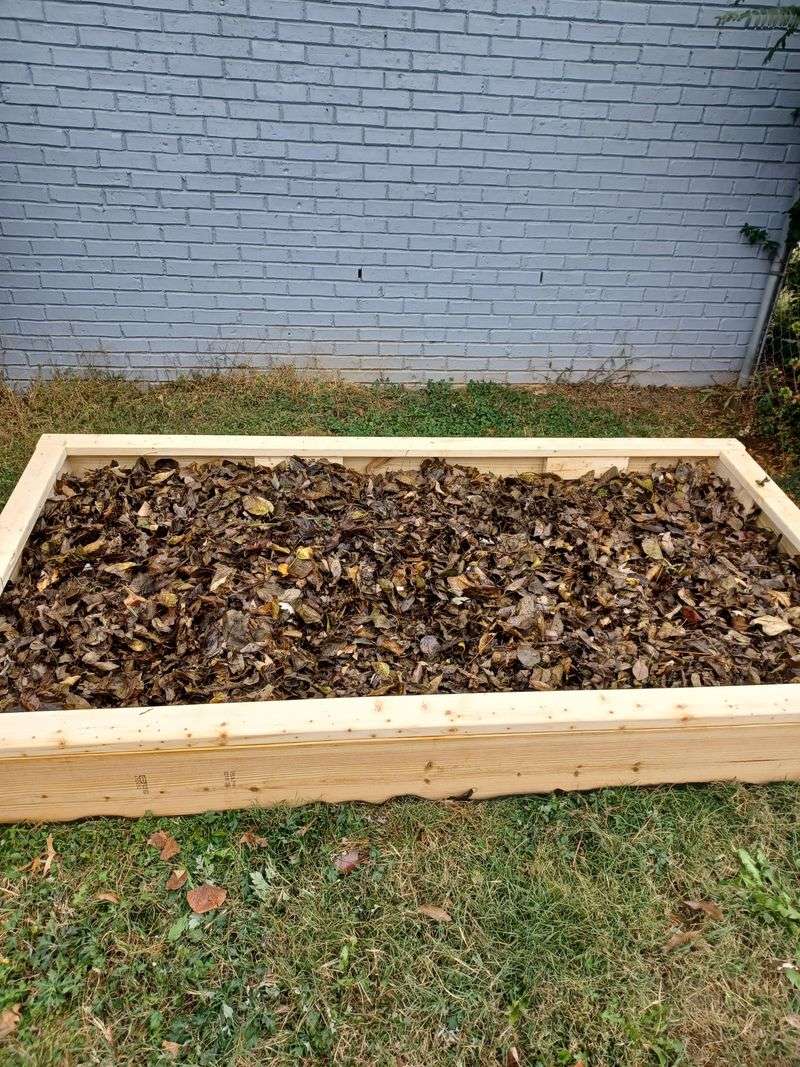
Spreading a layer of finished compost over empty garden beds now gives soil microorganisms time to work their magic throughout winter. Compost improves soil structure, adds nutrients, and increases water retention for healthier plants next growing season.
Apply two to three inches of compost over vegetable gardens and flower beds, but avoid piling it against plant stems or tree trunks. You can also work compost into the top few inches of soil if the ground has not frozen yet. Rich, healthy soil produces stronger plants that resist pests better.
10. Protect Tender Perennials And Roses
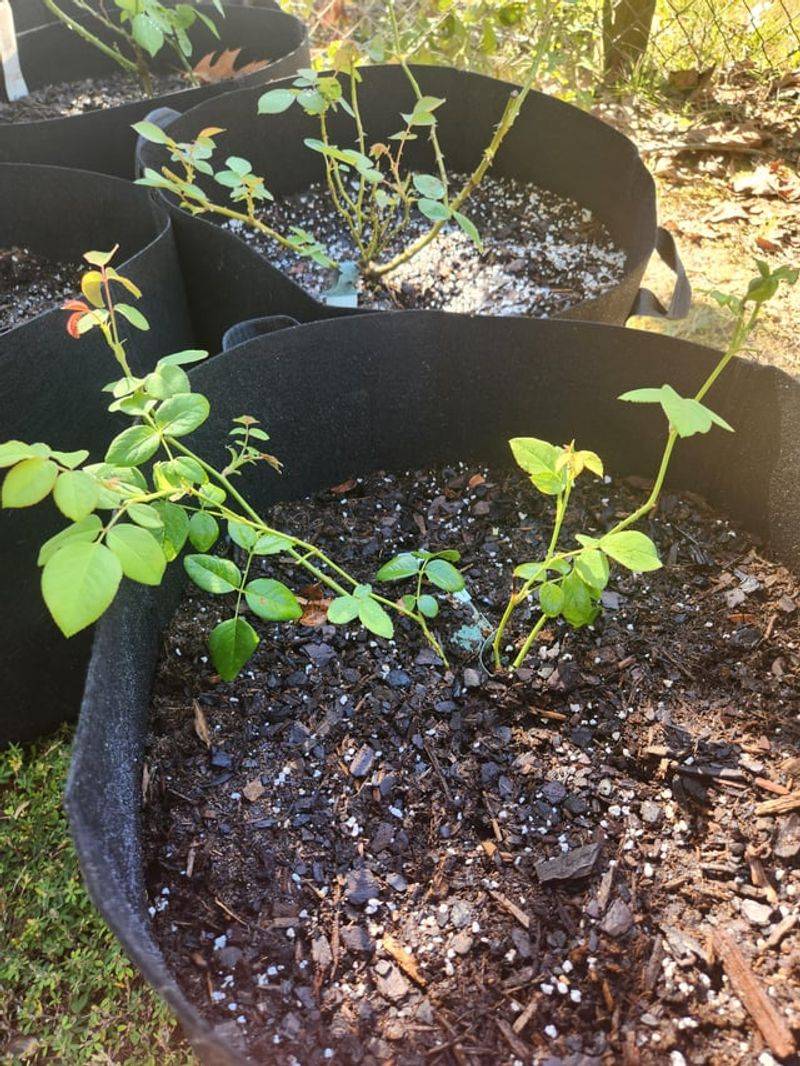
Roses and delicate perennials need special attention to survive Colorado’s unpredictable winter weather. Mound six to eight inches of soil, compost, or mulch around the base of rose bushes after the first hard freeze occurs. Cover the entire plant with a rose cone or burlap for extra protection in particularly cold areas.
Tender perennials like lavender and Russian sage benefit from evergreen boughs placed over them for insulation. Proper protection prevents winter damage and ensures your favorite plants return healthy and ready to bloom beautifully next summer.

